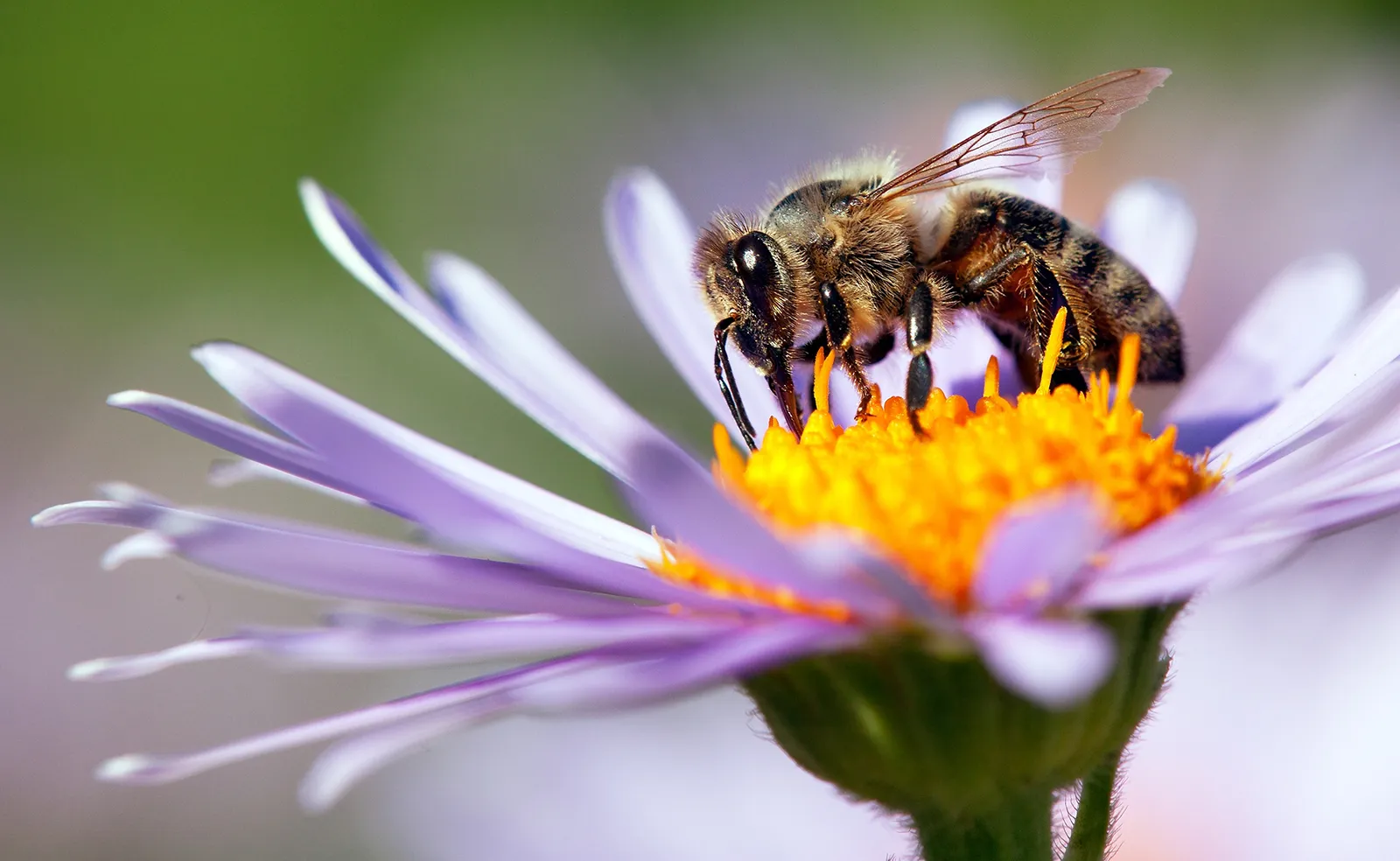The Western Honey Bee (Apis mellifera) is one of the most useful pollinators on land. With 25,000 species or more worldwide & abundant anecdotal reports of native bee decline due to habitat loss there is an unequivocal ecological need for us humans to help out these hardworking little creatures given their critical role in pollinating so many crops such as fruits, vegetables and nuts.
A Social Insect
Honey bees are a social insect species, meaning they live in colonies comprised of tens or even thousands of individuals. A colony is made of 3 castes: the queen, drones and worker bees.
Queen Bee: This bee is the only fertile female in A colony. She creates eggs that will become the next generation of bees.
The Drones: A male bee which mates with the queen.
The Worker Bees: Female bees that take care of the foraging, building and cleaning of it’s house, tending to new borns.
The Honey Bee Dance
Honey bees communicate using a very interesting system called the “waggle dance.” Worker bees can communicate information on the location of a food source in the hive through movements.
Threats to Honey Bees
There are many dangers influencing honey bees;
Pesticide use: Pesticides can cause bees to become sick or die.
Natural habitat loss- Because wildflowers and meadows are at a minimum, the food sources for bees have drastically reduced as well.
Climate change: Disruption of the seasonal timing in flowering plants can affect food resources for bees.
Parasites and diseases: Honey bees are plagued by several parasites and have been the target of numerous pervasive pathogenic challenges, including Varroa mite.
Protecting Honey Bees
How we can help honey bees:
As the name suggests, plant bee-friendly flowers Garden a variety of “bee” blooms that bloom throughout the year.
Say no to pesticides: opt for natural treatments in the presence of pests.
Support local beekeepers: purchase honey and other product of the bees from your neighbor.
Build Bee Habitats: Native plant your garden and provide nests for bees.
The more we appreciate the honey bee and strive to protect them, the greater chance that our children will be able to enjoy a natural environment in their future.
